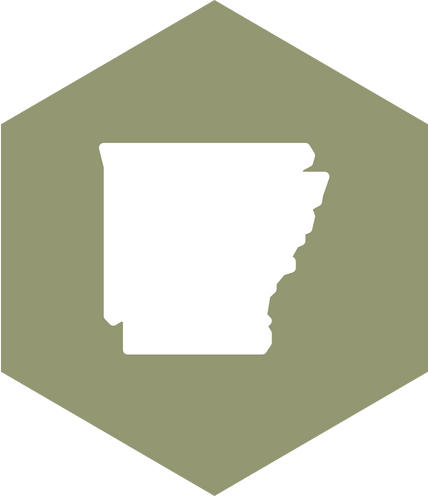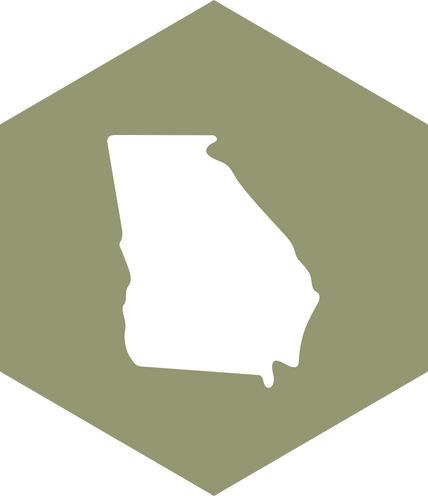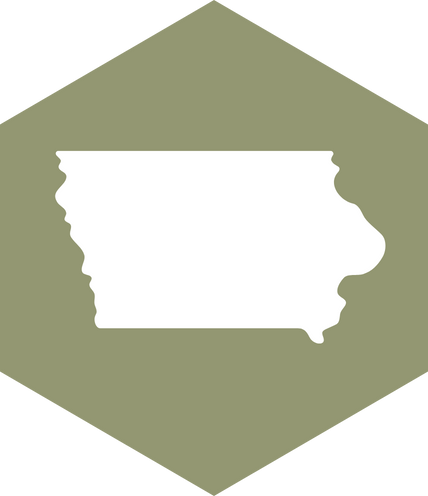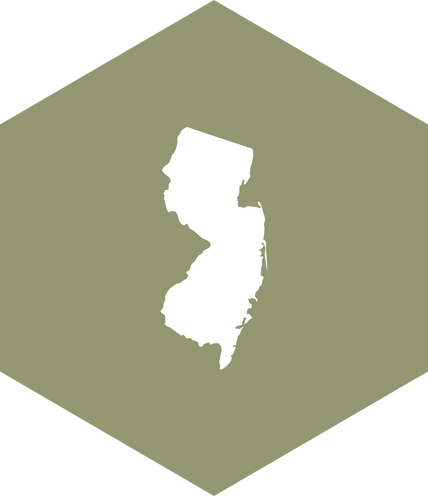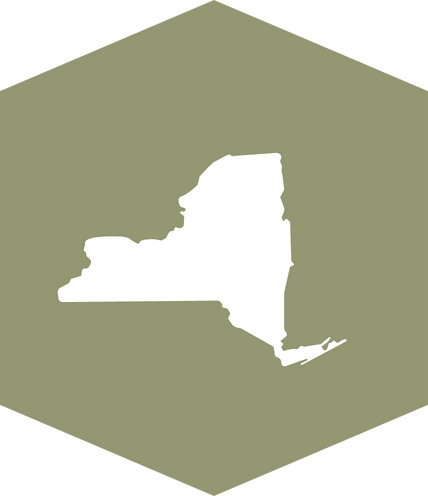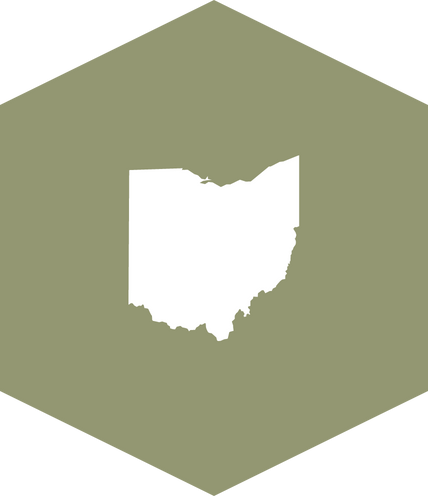Click on a state to view the specific state laws.
Understanding Cannabis Laws
Understanding state cannabis laws is critical as they vary widely from state to state. The legal landscape regarding cannabis has been rapidly evolving with changes to medicinal use, recreational use, and penalties for violating these laws. This page provides a user-friendly interactive map to allow easy access to and comprehension of each state’s cannabis laws.
Cannabis laws range from fully legalized recreational use to complete illegality, with a wide variety in between. Marijuana laws and cannabis laws generally refer to the same regulations, although sometimes ‘marijuana’ is used to refer to THC-heavy varieties, while ‘cannabis’ can include hemp products.
Federal law, specifically the Controlled Substances Act, still classifies cannabis as a Schedule I controlled substance, despite individual state legislation. However, federal enforcement against state-compliant users and businesses has diminished in recent years, particularly under the Obama administration.
A state law is usually signed into law by the governor after passing both houses of the state legislature. Alternatively, a ballot measure can be put to voters to decide on an issue directly. Numerous states have legalized medical and/or recreational cannabis this way. For instance, House Bill 3703 in Texas expanded the state’s medical cannabis program in 2019.
A Brief Breakdown of Terms
To give more context on how these laws work, here are a few terms and definitions:
Medical Cannabis
Medical cannabis refers to the accepted medical use of cannabis plants and their derivatives for treating certain conditions. Each state’s medical program varies widely in the conditions that qualify, the types of products allowed, and the possession limits.
Recreational Use
Some states have voted to legalize recreational marijuana, which means adults can use recreational marijuana or recreational cannabis for non-medical purposes. Recreational marijuana use has been legalized through the voters passing ballot measures or the state legislature approving new laws.
Non-medical use of cannabis products derived from cannabis plants is allowed, but limits on possession, public use, and driving under the influence vary by state.
Fully Illegal
In states where cannabis is still fully illegal, possession of any amount is still a criminal offense. Penalties vary from fines to prison time, and many states have decriminalization laws that reduce the penalty for first-time offenders or small amounts.
Decriminalization & Legalization
Decriminalization usually means no jail time or criminal record for first-time possession of a small amount for personal consumption. This does not mean that it’s legal to sell or distribute cannabis.
Legalization allows individuals to legally possess cannabis, and in many states, personal cultivation or home cultivation is also allowed. Typically, individuals can cultivate up to six plants, but this varies. Cannabis plants can make various products, such as cannabis oil and other cannabis-derived compounds.
CBD Only
In CBD-only states, cannabis plants can only be cultivated for medicinal purposes, and only CBD oil is legal. This might mean that CBD products must be prescribed by a doctor or purchased from a state-licensed medical marijuana dispensary.
It’s essential to understand the laws of your particular state regarding cannabis use, distribution, and production to ensure you are compliant with local regulations.
If you live in Arizona, Arkansas, California, Connecticut, Delaware, Georgia, Illinois, Iowa, Louisiana, Maine, Maryland, Massachusetts, Michigan, Minnesota, Missouri, Montana, Nevada, New Jersey, New York, Ohio, Oklahoma, Pennsylvania, Texas, Utah, Vermont, Virginia, & West Virginia, and are interested in getting your medical cannabis card, please connect with us at https://mycompassionateclinic.com/get-a-card/
For more information, check out:
https://mycompassionateclinic.com/patient-education/


